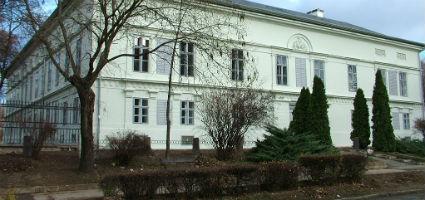2024. November 21. Thursday
Mátra Museum - Gyöngyös
 |
Address: 3200, Gyöngyös Kossuth Lajos utca 40.
Phone number: (37) 505-530
E-mail: matramuzeum@ace.hu
Opening hours: Tue-Sun 9-17
|
|
28
|
29
|
30
|
31
|
1
|
2
|
3
|
|
4
|
5
|
6
|
7
|
8
|
9
|
10
|
|
11
|
12
|
13
|
14
|
15
|
16
|
17
|
|
18
|
19
|
20
|
21
|
22
|
23
|
24
|
|
25
|
26
|
27
|
28
|
29
|
30
|
1
|
|
Budapest
|
|
Budapest
|
|
Budapest
|
|
Budapest
|
|
Budapest
|
|
Budapest
|
|
Budapest
|
|
Budapest
|
|
Budapest
|
|
Vác
|
|
Miskolc
|
|
Budapest
|
|
Nagykáta
|
|
Nagykáta
|
|
Nagykáta
|
|
Nagykáta
|
|
Nagykáta
|
|
Budapest
|
 |
Address: 3200, Gyöngyös Kossuth Lajos utca 40.
Phone number: (37) 505-530
E-mail: matramuzeum@ace.hu
Opening hours: Tue-Sun 9-17
|